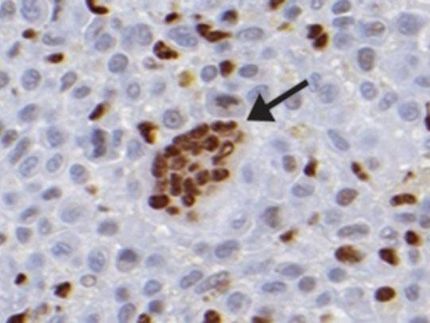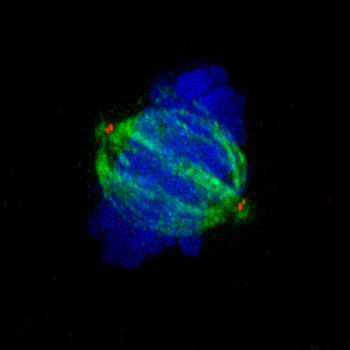Ali Shilatifard and colleagues aim to clarify the definition of 'epigenetics'
Ali Shilatifard, Ph.D., Investigator, has joined with a team of colleagues to propose an operational definition of "Epigenetics" — a rapidly growing research field that investigates heritable alterations in gene expression caused by mechanisms other than changes in DNA sequence.
Dr. Shilatifard's publication in Genes and Development resulted from a meeting at Cold Spring Harbor Laboratory in New York to discuss aspects of epigenetic control in genomic function and to develop a consensus definition of "epigenetics" for consideration by the broader research community.
The definition is intended to address confusion within the scientific community about the distinction between the mechanisms of epigenetic memory during early development versus those of dynamic chromatin regulation involved in differential expression of genes throughout adult life. The mechanisms underlying epigenetic memory are of great importance to human development and disease, but they are poorly understood.
The proposed definition reads: "an epigenetic trait is a stably inherited phenotype resulting from changes in a chromosome without alterations in the DNA sequence." Shilatifard and colleagues have also proposed three categories of signals that operate in the establishment of a stably heritable epigenetic state. The first is a signal from the environment, the second is a responding signal in the cell that specifies the affected chromosomal location, and the third is a sustaining signal that perpetuates the chromatin change in subsequent generations.
"The field of 'epigenetics' has been an exciting one and has grown swiftly over the past several years, extending well beyond an initial discovery phase and identification of fundamental non-genetic and chromatin-based regulatory mechanisms," said Dr. Shilatifard. "This collective effort to define and discuss 'epigenetics' is an attempt to add focus and clarity to this exciting and growing area of research."
Most read news
Organizations
Other news from the department science

Get the life science industry in your inbox
By submitting this form you agree that LUMITOS AG will send you the newsletter(s) selected above by email. Your data will not be passed on to third parties. Your data will be stored and processed in accordance with our data protection regulations. LUMITOS may contact you by email for the purpose of advertising or market and opinion surveys. You can revoke your consent at any time without giving reasons to LUMITOS AG, Ernst-Augustin-Str. 2, 12489 Berlin, Germany or by e-mail at revoke@lumitos.com with effect for the future. In addition, each email contains a link to unsubscribe from the corresponding newsletter.























































